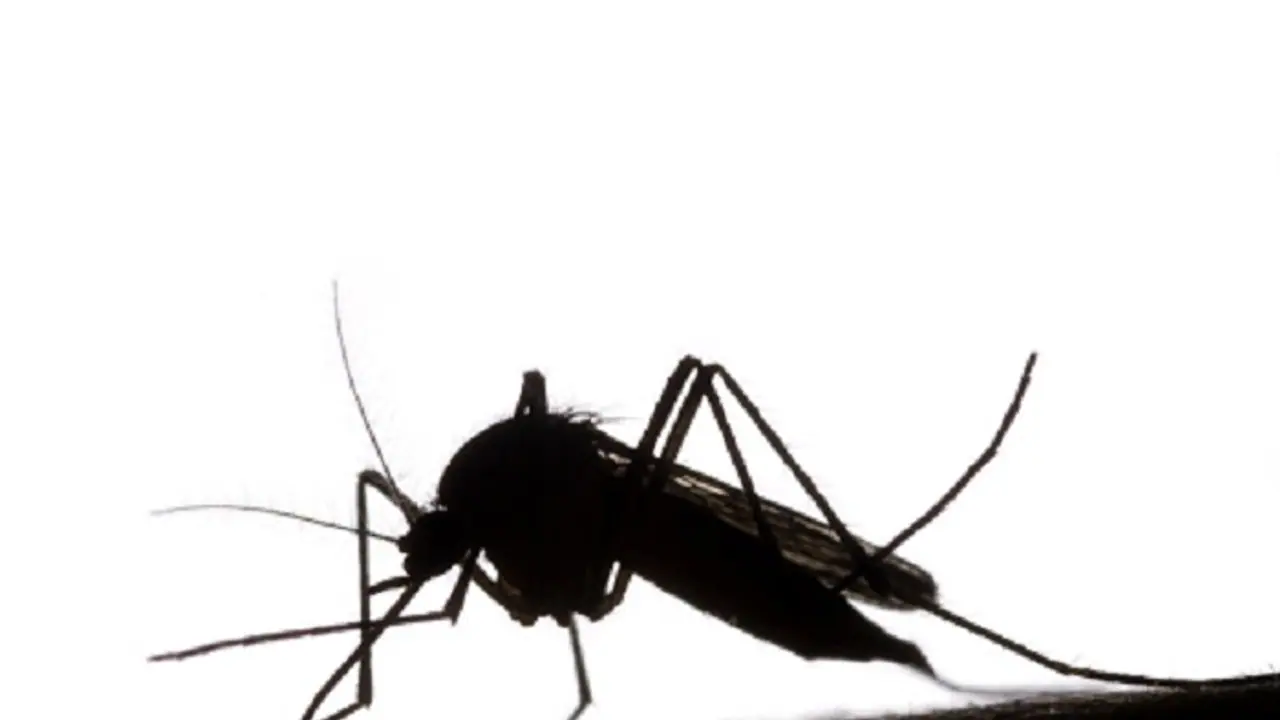Understanding how mosquitos spread diseases is as important as understanding the problems the insect can cause
Though the risk of developing a serious disease out of a mosquito bite does not seem high, the number of cases reported prove otherwise. We cannot neglect the deadly insect bite as a simple matter. However, understanding how mosquitos spread diseases is as important as understanding the problems the insect can cause

Only female mosquitoes bite and suck blood because the blood provides nutrients for their eggs. When a mosquito lands on the body, it pierces the skin with two tubes. One draws blood. The other injects an enzyme to help prevent blood clotting. Most people have a minor allergy to this enzyme, which creates the small bump and itching.
Mosquitoes find their victims by detecting infrared radiation emitted by the warm blood inside the human body, observing our movement, or by using chemical signals.
How do mosquitoes spread diseases?
Though there are over 3,000 species of mosquitoes only a few species feed on human blood.
Mosquitoes generally pick up virus or fungi when it lands on a human body and bites. The mosquito then acts as a vehicle for the virus.
The virus might even reproduce inside the mosquito. And when it bites another human being, the virus spreads into that body.
A clear understanding about mosquitos can help us take preventive measures. It will also help avoid millions of deaths worldwide yearly.
